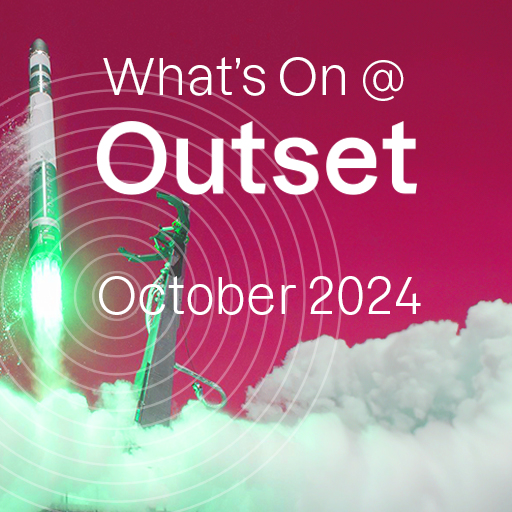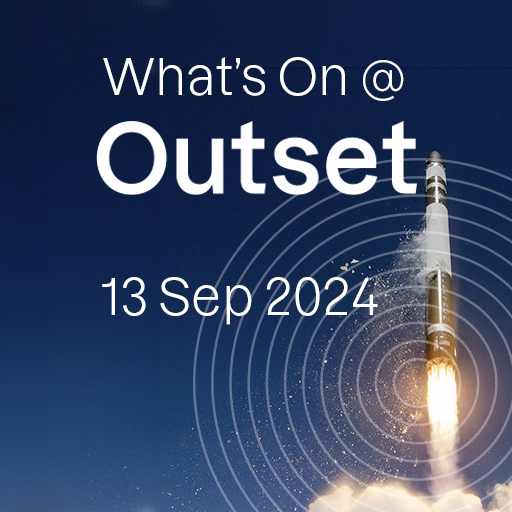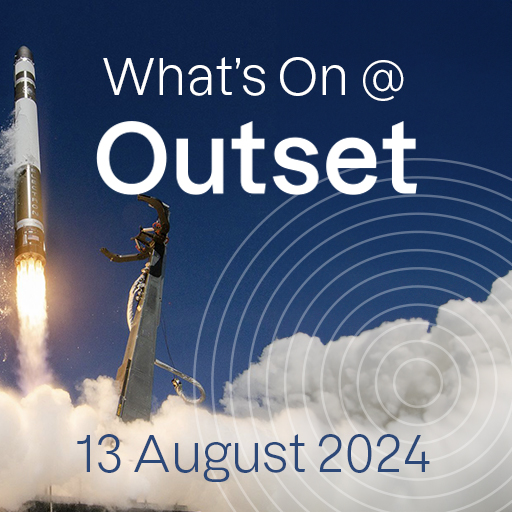
by Outset PR (DMG) | Oct 7, 2024 | Events, News
Tucked away in Auckland’s Parnell are some of New Zealand’s biggest scientific and engineering brains, turning the seemingly impossible into a reality. Jane Phare visits the deep-tech world of Future House. Auckland engineer Anvil Banez grew up watching his father...

by Outset PR (DMG) | Oct 7, 2024 | Events, News, Press, Uncategorised
The ultra-high net worth investor spending big down under Victoria Young | 9 May 2023 Hans Albrecht with wife Ursula visiting Waiheke’s Man O’War winery. (Image: Hans Albrecht) Mega-rich investor Hans Albrecht arrived in New Zealand quite by accident. In...

by Outset PR (DMG) | Oct 7, 2024 | News
Check out news and events for October View in browser October 2024 Dear Outsetters! You know its nearing the EoY when your calendar is starting to get "save the dates", so here is ours, to knock out anything less than epic -- > Save 12th December for Outset's EOY...

by Outset PR (DMG) | Sep 13, 2024 | News
What's On @ Outset - September 2024 96 Check out news and events for September September 2024 Dear Outsetters! August brought us a lot to celebrate, with three founders in the Outset ecosystem taking out innovation awards on the same night across three different award...

by Outset PR (DMG) | Aug 14, 2024 | News
Check out events at Outset for August NEWS | August 2024 Dear Outsetters! Its been another hectic few weeks with many of the Outset team on the road across the US, India and Australia as we showcased NZ grown deeptech to the world! Speaking of Showcase, this Thursday...

by Outset PR (DMG) | Aug 5, 2024 | Events, News, Press, Uncategorised
Introducing Outset, NZ's Largest Deep Tech Hub Monday 19 April 2021 Gets New Name Today New Zealand’s largest and fastest growing hub for deep tech startups is getting a new name, with LevelTwo becoming Outset Ventures. CEO Imche Fourie says the new name reflects the...






